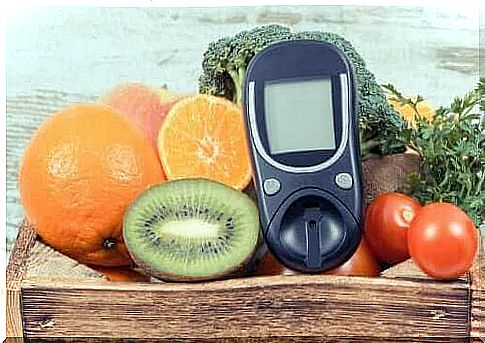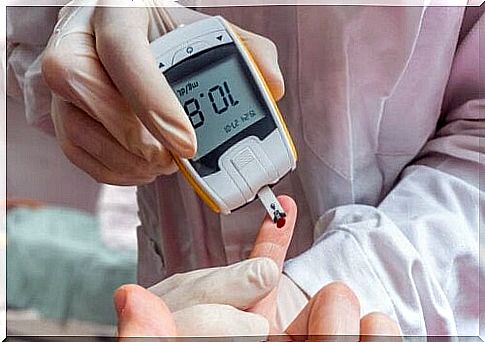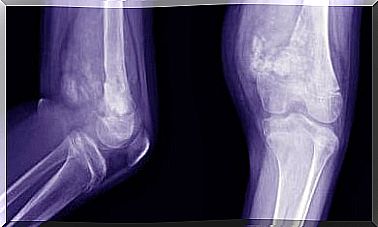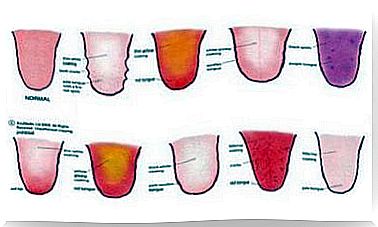Simple Sugars: What Is Glucose Function?

Everyone has heard of glucose, one of the most important simple sugars, even if it is only associated with diabetes. However, very few people know the properties of this molecule and its role in the human body.
Glucose is the most important source of energy for our body cells, so it is vital. It is the nutrient that gives the cells the energy they need to perform all their functions.
This simple sugar occurs naturally in fruits and vegetables, and it also occurs as part of larger molecules or polysaccharides. The best known are starch and glycogen, which are usually found in rice, meat and so on.
Glucose is a part of all processes in human metabolism. In today’s article, we explain what it is for and the common problems surrounding it.
Simple sugars: Glucose

As mentioned above, glucose is a nutrient we get through food. The digestive process converts food into glucose to maintain all the cells in our body.
When we eat, the nutrients go into the blood and reach the liver, whether it is fatty acids, proteins or carbohydrates. This body performs a number of complex procedures and they convert the said nutrients into glucose. Then glucose moves into the blood, and from there it enters all parts of the body.
Each cell uses this molecule as energy. They do this through a series of reactions – the basis of our metabolism. This simple sugar thus participates in cell production, tissue repair, muscle movement, nerve function, etc.
Also read: Foods that are good to eat before exercise
What health problems stem from glucose?
As we said before, humans cannot live without glucose. There are actually many diseases that are related to this drug in one way or another.
Diabetes, for example, is one. This is a disease in which the body is either unable to produce insulin or has developed resistance to it. Insulin is the substance that allows glucose to pass into the cells. It acts as a “key” to access them.
When our body is unable to produce insulin or use it faster than it should, much of the glucose remains in the blood. As a consequence, the cells do not get enough of this molecule. It can also cause damage to many body tissues. The most affected are usually the blood vessels, heart and kidneys.
Unfortunately, diabetes is a multifactorial disease that is fast becoming epidemic. This is due to factors such as a sedentary lifestyle and that the food we eat nowadays is of poor quality.
To prevent all the risks that this disease poses, you need to maintain strict control over your blood sugar levels. Also, be aware of your unhealthy living habits and try to change them for the sake of your well-being.
Glucose measurement

There are many methods to keep an eye on your blood sugar level these days. It is normal for it to be below 100 mg / dl when fasting. So when the levels rise above these values, there may be a problem with the passage of the energy going into the cells.
Glucometers are devices that measure this substance. They do it from a drop of blood taken after you have stabbed your finger and it delivers the results in seconds. One can also find out how much glucose is expelled by the kidneys, through a blood or urine sample.
Also read: 7 ways to control high blood sugar levels
Conclusion on simple sugars
Glucose is an important molecule. Both very high and very low glucose levels can endanger our health. Therefore, it is important to measure your glucose levels from time to time and do so several times a day if you are diabetic or at high risk of becoming so.









